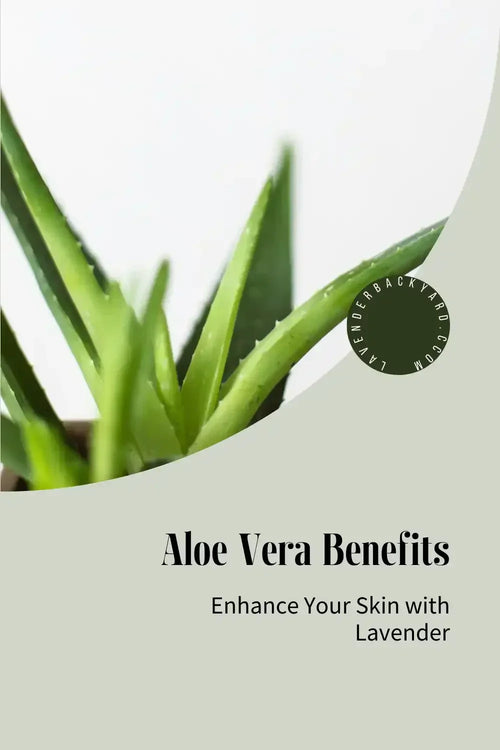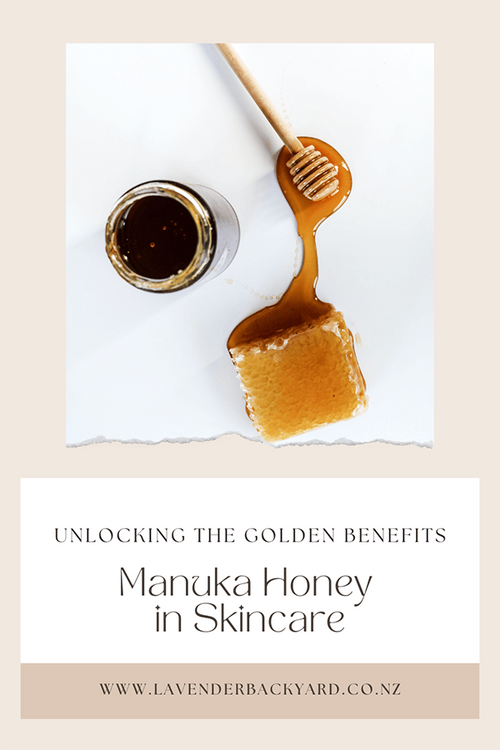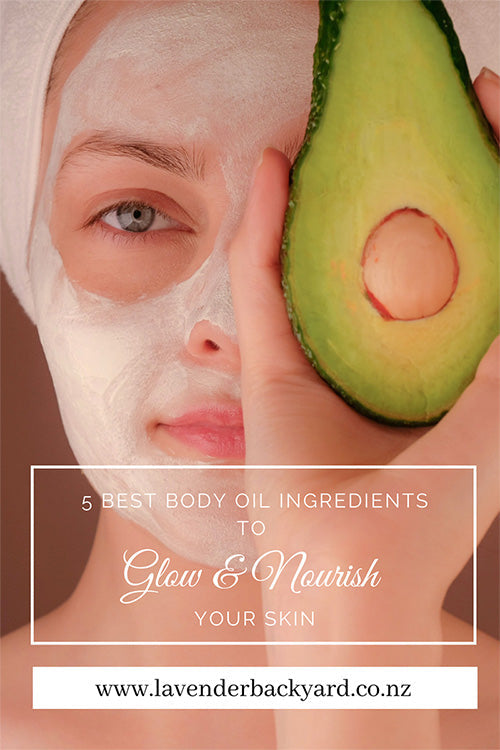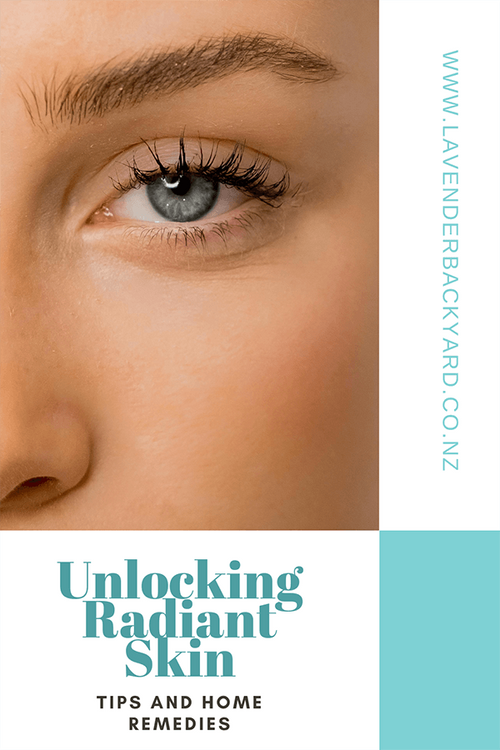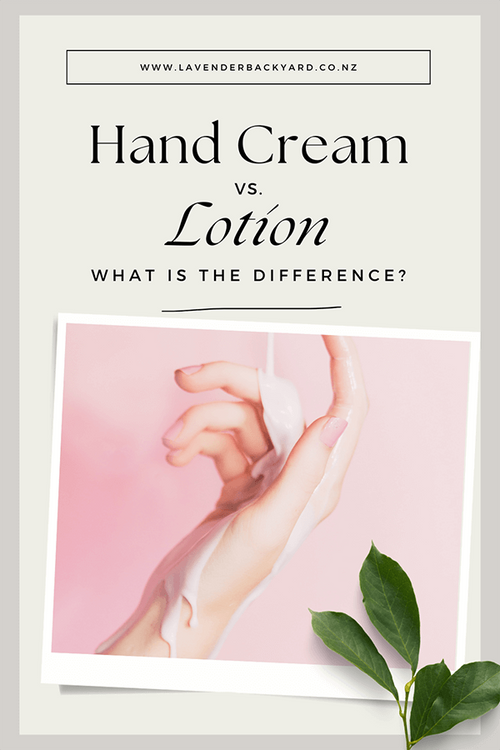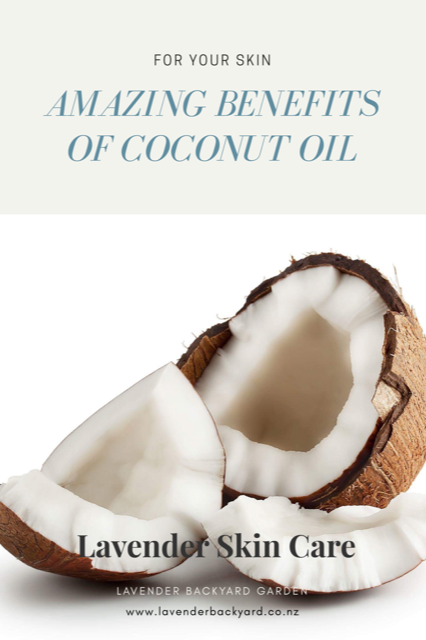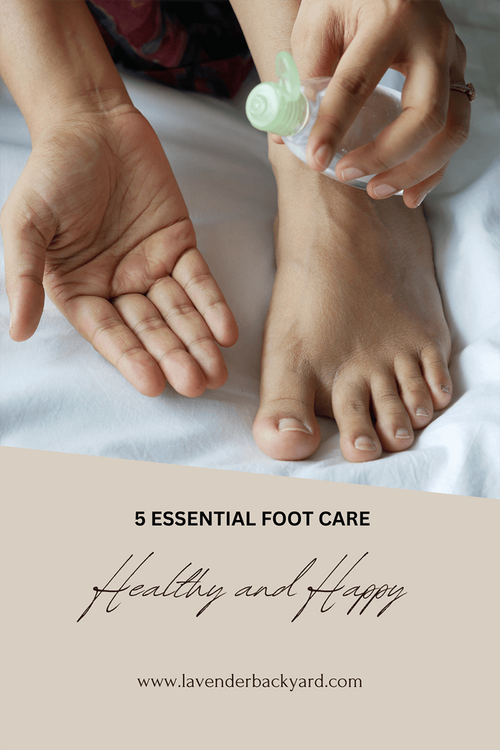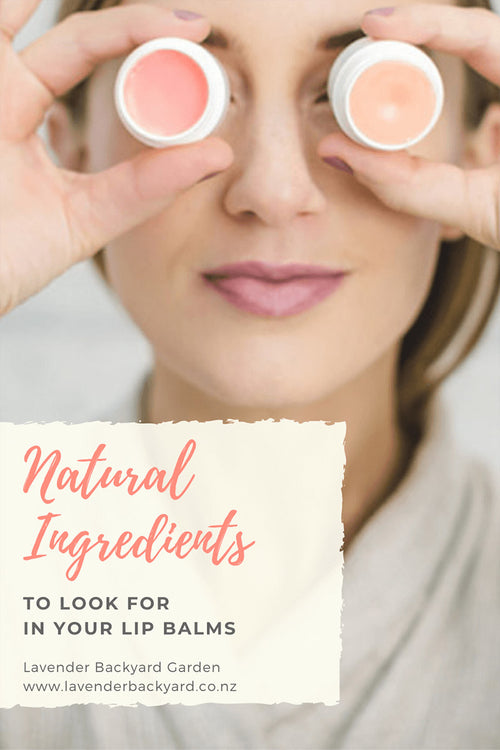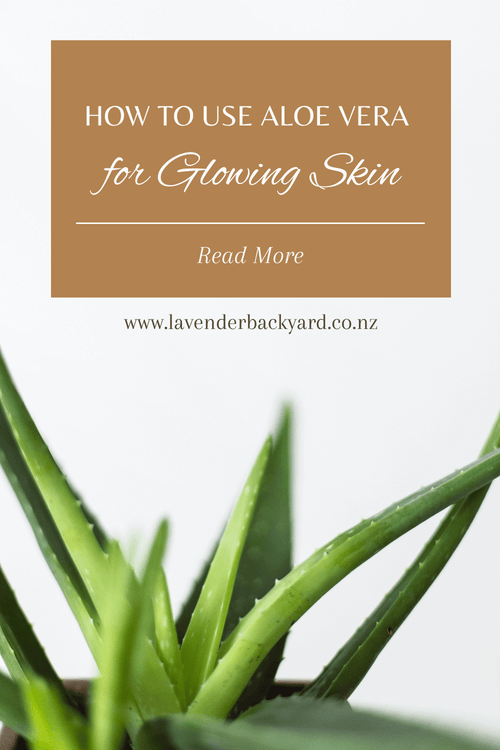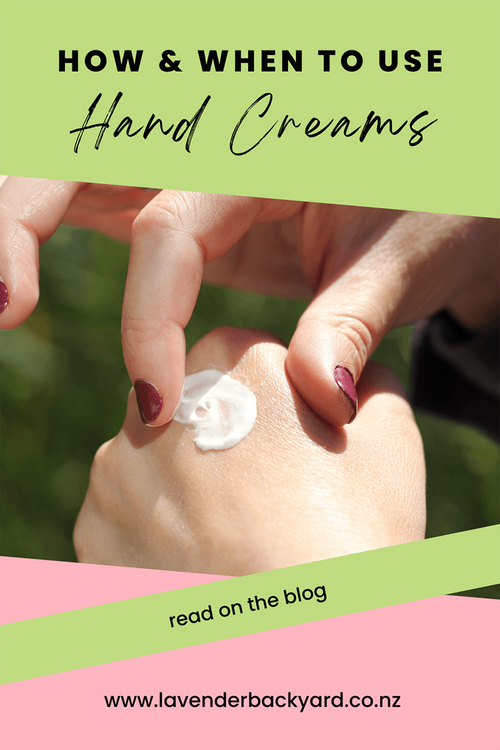Lip Care | Why are My Lips so Dry?
Share

Lips are unlike any other part of your skin—they sit at the border of facial skin and oral tissue, with a delicate structure similar to mucous membranes. But unlike most skin, lips don’t have oil glands, sweat glands, or hair follicles, meaning they can’t self-lubricate or retain moisture well.
If you constantly struggle with dry or chapped lips, your daily habits might be making things worse. In this post, we’ll uncover five common mistakes that sabotage your lips—and how to fix them for good.
🔎 Table of Contents
💋 What Are Dry Lips?
Dry lips happen when your lips lose moisture faster than they can retain it. This leads to tightness, rough patches, flaking, and in some cases, painful cracks or bleeding. They’re most common in cold, windy, or dry climates—or when you’re exposed to irritants.
🚫 5 Habits to Avoid for Healthy Lips
1. Not Drinking Enough Water
Hydration starts from the inside. When you don’t drink enough water, your lips become one of the first areas to show signs of dehydration.
💡 Tip: Keep a reusable water bottle nearby and sip throughout the day. Aim for 6–8 glasses daily, especially in winter or while traveling.
2. Licking Your Lips
It’s instinctive to lick your lips when they feel dry—but this habit actually makes things worse. Saliva evaporates quickly and strips away any remaining moisture, leading to even drier, more irritated lips.
💡 Tip: Apply a hydrating lip balm instead. Look for ingredients like beeswax, shea butter, and vitamin E to lock in moisture and create a protective barrier.
3. Picking or Biting Flaky Skin
Peeling or biting chapped lips may feel satisfying, but it interrupts the healing process and can cause bleeding or even infections. It also leads to more inflammation and prolonged dryness.
💡 Tip: Gently exfoliate your lips once or twice a week with a soft washcloth or a sugar-based scrub. Then apply a healing balm immediately after.
4. Breathing Through Your Mouth
Mouth breathing—especially during sleep—can dry your lips out quickly by exposing them to constant airflow. This is a common cause of overnight lip dryness.
💡 Tip: Use a humidifier in your bedroom to keep air moist at night, and try nasal breathing during the day. Applying balm before bed helps seal in moisture while you sleep.
5. Using Irritating Lip Products
Ironically, some lip balms and glosses make lips worse. Harsh ingredients like menthol, camphor, artificial flavors, or fragrances can cause more peeling, especially for sensitive skin.
💡 Tip: Avoid balms with mint, citrus, alcohol, salicylic acid, or synthetic dyes. Instead, choose gentle, fragrance-free options made with plant oils, lanolin (if tolerated), or cocoa butter.
✅ Best Ingredients for Healing Chapped Lips
Here’s a list of proven, dermatologist-recommended ingredients to look for when choosing a lip balm to soothe, repair, and protect dry lips:
- Shea Butter – Deeply moisturising and rich in vitamins A, E, and F; helps nourish and restore softness.
- Coconut Oil – Natural emollient with anti-inflammatory benefits that softens and protects.
- Beeswax – Forms a breathable barrier to seal in moisture and shield lips from dryness.
- Avocado Oil – Packed with essential fatty acids and antioxidants to support lip repair.
- Sweet Almond Oil – Lightweight and soothing; ideal for hydrating sensitive or delicate lips.
- Olive Oil – Contains vitamin E and polyphenols to smooth and condition the skin.
- Castor Seed Oil – Helps lock in moisture and leaves lips feeling soft and smooth.
- Ceramides – Strengthen the skin’s natural barrier to reduce water loss.
- Dimethicone – Creates a silky protective layer that locks in hydration and prevents roughness.
- Petrolatum & White Petroleum Jelly – Provide intense moisture retention and long-lasting protection.
- Titanium Dioxide or Zinc Oxide – Offer gentle, physical sun protection for vulnerable lip skin.
💜 Try Our Lavender Lip Balm – Handcrafted in New Zealand
At Lavender Backyard Garden, we believe lip care should be simple, natural, and effective. That’s why our Lavender Lip Balm is made right here on our New Zealand farm using a nourishing blend of shea butter, coconut oil, beeswax, avocado oil, and sweet almond oil—all carefully selected to soothe, hydrate, and protect dry lips.
Infused with our own lavender essential oil, steam-distilled on site, this balm offers a gentle floral scent and calming benefits—ideal for those seeking a botanical, skin-friendly formula.
Prefer something without floral notes? Our Natural Flavoured Shea Lip Balm comes in raspberry and strawberry varieties, offering the same deeply moisturising base—minus the lavender—for a subtle, fruity finish.
Both balms are handcrafted in small batches, free from harsh chemicals, and perfect for everyday lip care that feels as good as it smells.
🏡 Moisturise Chapped Lips with Natural Remedies
If your lips are feeling extra dry, natural home remedies can provide relief. Try these simple and effective treatments:
- Petroleum Jelly – Apply a thin layer of Vaseline to seal in moisture and protect lips from external factors.
- Honey – With antimicrobial and anti-inflammatory properties, honey soothes chapped lips and prevents infection. (Avoid if allergic to bee products.)
- Aloe Vera – Extract fresh aloe vera gel and apply it a few times daily for hydration and healing.
- Coconut Oil – Contains natural anti-inflammatory and moisturizing properties. Apply throughout the day as needed.
- Avocado Butter – Rich in vitamins and fatty acids, this natural butter deeply moisturizes and nourishes dry lips.
- Sugar Exfoliation – A gentle sugar scrub can help remove dead skin cells, allowing your lips to better absorb moisture
🌦️ How to Prevent Dry Lips in Different Seasons
Your lips are exposed to the elements all year round, and just like your skin, they need special care during different seasons. Whether it's the harsh cold of winter or the scorching sun of summer, your lips can become dry and chapped if not properly protected. Here’s how to adjust your lip care routine to each season:
❄️ Winter Lip Care: Shield Against Cold & Dry Air
Winter weather can be brutal on your lips, with cold temperatures and dry air stripping away moisture. To keep your lips soft and hydrated, try these tips:
- Use a Rich Lip Balm: Choose a nourishing lip balm with ingredients like shea butter, beeswax, or petroleum jelly to form a protective barrier that locks in moisture.
- Avoid Lip Licking: In cold weather, licking your lips can make them even drier. Instead, apply a moisturising lip balm regularly to keep your lips hydrated.
- Use a Humidifier: Indoor heating can dry out the air in your home. Using a humidifier can help restore moisture to the air, preventing your lips from drying out.
- Cover Your Lips: If you’re heading outdoors, protect your lips by wearing a scarf or mask to shield them from harsh winds and cold temperatures.
🌞 Summer Lip Care: Protect from the Sun & Heat
In the summer, your lips are at risk from the sun’s harmful UV rays and excessive heat. Without protection, they can become sunburned, dry, and cracked. Here’s how to keep your lips safe during the warmer months:
- SPF Lip Balm: Look for lip balms with SPF 15 or higher to shield your lips from UV damage. Just like your skin, your lips need sun protection to prevent burns and premature aging.
- Stay Hydrated: Hot weather can lead to dehydration, which affects your lips. Drink plenty of water throughout the day to keep your body and lips hydrated.
- Avoid Drying Products: Avoid lip glosses that don’t contain SPF, as they can attract UV rays and cause damage. Opt for matte, SPF-infused lip balms instead.
- Moisturise Regularly: The summer heat can dry out your lips, so apply a hydrating lip balm throughout the day to maintain softness and suppleness.
By adjusting your lip care routine for the changing seasons, you can keep your lips healthy, soft, and protected all year long. Whether it’s the dry cold of winter or the sun-drenched days of summer, your lips will thank you for the extra care!
❓Frequently Asked Questions About Dry & Chapped Lips
Q: What is the main cause of dry lips?
Dry lips are primarily caused by moisture loss. Since lips lack oil glands, they can’t retain hydration well. External factors like cold weather, wind, sun exposure, and mouth breathing all contribute to chapping.
Q: Why are my lips dry even if I drink plenty of water?
While internal hydration is important, lips still need an external barrier to lock in moisture. A protective balm—like our Lavender Lip Balm—seals in hydration and shields lips from environmental stress.
Q: Is it okay to use Vaseline on lips overnight?
Yes, petroleum jelly forms a moisture-sealing barrier. However, for a more nourishing alternative, look for balms with natural oils and waxes such as shea butter, beeswax, and avocado oil.
Q: What should I avoid if I have chapped lips?
Avoid licking your lips, using products with menthol or artificial fragrance, and picking flaky skin. These habits can worsen irritation and delay healing.
Q: How can I heal chapped lips quickly?
Gently exfoliate with a sugar scrub, hydrate regularly, and apply a balm rich in ingredients like coconut oil, sweet almond oil, or beeswax to help repair and soften lips.
Q: What ingredients should I look for in a lip balm?
Look for occlusive and emollient ingredients like shea butter, beeswax, coconut oil, and castor oil. These not only moisturise but also protect your lips from further damage.
🌸 Final Thoughts: Nurture Your Lips the Natural Way
Caring for your lips doesn’t have to be complicated. By avoiding common habits that cause dryness, choosing ingredients that heal, and adjusting your routine with the seasons, you can keep your lips soft, smooth, and healthy all year round.
Whether you’re dealing with winter chapping or summer sun, a well-formulated lip balm can make all the difference. Our Lavender Lip Balm, made right here in New Zealand, blends nourishing oils, protective waxes, and just a hint of lavender to offer your lips the gentle care they deserve.
👉 Want to care for more than just your lips?
Explore our full Lavender Body & Home collection for natural skincare, aromatherapy, and home products—crafted with love from our lavender farm to your home.
